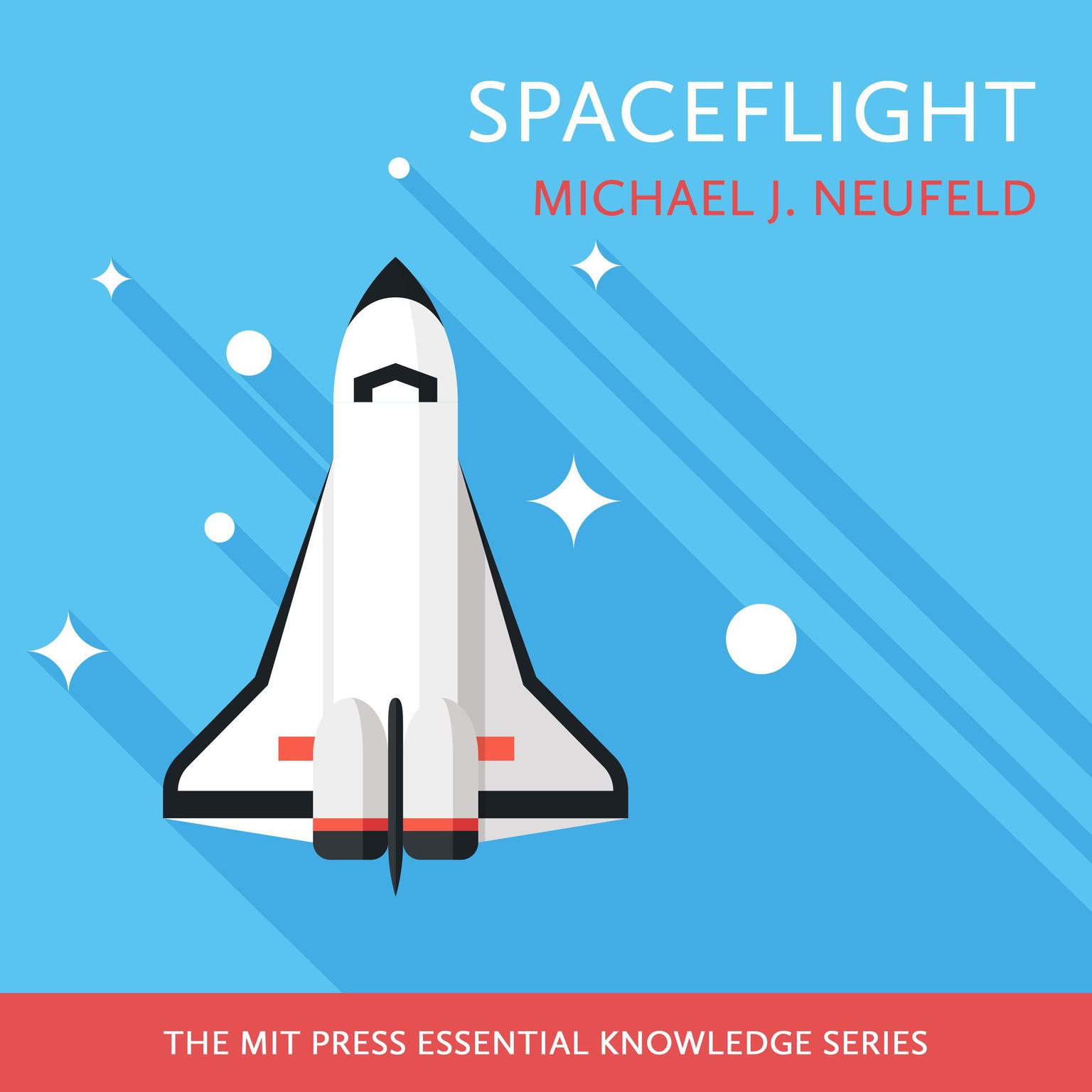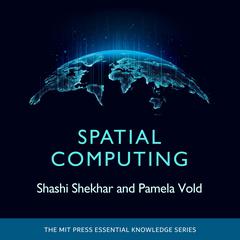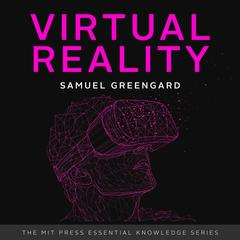 Play Audiobook Sample
Play Audiobook Sample
Spaceflight: A Concise History Audiobook
 Play Audiobook Sample
Play Audiobook Sample
Quick Stats About this Audiobook
Total Audiobook Chapters:
Longest Chapter Length:
Shortest Chapter Length:
Average Chapter Length:
Audiobooks by this Author:
Publisher Description
Spaceflight is one of the greatest human achievements of the twentieth century. The Soviets launched Sputnik, the first satellite, in 1957; less than twelve years later, the American Apollo astronauts landed on the Moon.
Michael Neufeld explains that "the space program" should not be equated only with human spaceflight. Since the 1960s, unmanned military and commercial spacecraft have been orbiting near the Earth, and robotic deep-space explorers have sent back stunning images of faraway planets. Neufeld begins with the origins of space ideas and the discovery that rocketry could be used for spaceflight. He then discusses the Soviet-U.S. Cold War space race and reminds us that NASA resisted adding female astronauts even after the Soviets sent the first female cosmonaut into orbit. He analyzes the two rationales for the Apollo program: prestige and scientific discovery (this last something of an afterthought). He describes the internationalization and privatization of human spaceflight after the Cold War, the cultural influence of space science fiction, including Star Trek and Star Wars, space tourism for the ultra-rich, and the popular desire to go into space. Whether we become a multiplanet species, as some predict, or continue to call Earth home, this book offers a useful primer.
Download and start listening now!
Spaceflight Listener Reviews
Be the first to write a review about this audiobook!
About Michael J. Neufeld
Michael J. Neufeld is the author of Von Braun and The Rocket and the Reich, among other books.
About Mike Chamberlain
Mike Chamberlain is an actor and voice-over performer in Los Angeles whose audiobook narration has won several AudioFile Earphones Awards. His voice credits range from radio commercials and television narration to animation and video game characters. Stage trained at Boston College, he has performed works from Shakespeare and the classics to contemporary drama and comedy.























